Meet Klara Andersson from Stockholm, Sweden. Klara is a graduate of Kalmar Maritime Academy and currently works on a car carrier as a 3rd Engineer. Her duties include maintenance and daily operation of generators for power production, boilers, and purifiers.
Below, Klara shared with us what it has been like powering large ships to move vehicles from one continent to another:
Klara, please start out by telling us which part of the world you work in.
“I work out of whatever location my ship goes – which is pretty much, world-wide! My last contract, I signed on in Manzanillo, Panama. We continued on to New Zealand, Australia, up to Japan, China, Singapore, Thailand and, finally, to Europe through the Suez Canal.”

What inspired you to work on the water?
“I was a nerdy kid who was really into submarines. When I had to decide what high school to go to I chose a local ‘seaman’s school’. Following high school, I was certified to work as a motorman in the merchant fleet. I worked as a motorman for about one year, and then went to university to study to become an engineer.”
Please share a memorable experience you’ve had at sea.
“One memorable experience was in the Gatún Locks in the Panama Canal, shortly before we were about to exit them. The main engine (an old, two stroke crosshead Sulzer) didn’t start – even though it worked perfectly fine going into the locks! I had to run down to the side of the main engine and run the engine, locally from the emergency maneuver stand, instead. It was a bit nerve-wracking to start up the engine manually when you’re in such a tight passage. We regularly have drills where we practice this, but it’s always different when it’s the real thing!
After we had exited the locks, we found that it was a level switch that had come loose due to vibration. After re-fastening it, everything worked like a charm again. The situation almost seemed a bit silly, when the solution was so simple!”

What challenges have you faced in your career?
“I guess, dealing with sexism, harassment and inequality are some of the biggest challenges for women working in the industry. One of the most concerning issues for me, is that it seems to be common for some sailors to go ashore and purchase prostitutes for the night. Some guys go to so called ‘Seaman’s Clubs’ when they go ashore. Most of these clubs are basically, just brothels, or some kind of establishment where you pay to spend time with a girl. I know it makes me feel pretty awful when I think about the girls and women, who need to work at these establishments.
Working at sea is, of course, not filled with only negative points! I love my job and find it very interesting and challenging, as there’s always something new to learn. I really like the sense of camaraderie on board. Some of the guys I’ve sailed with for longer periods of time, makes it feel like family.
One great thing about working at sea is that even though it’s sometimes a conservative environment, if you do your job properly and respect the other people on board, you will almost always be accepted – regardless of gender, sexual preference or religious beliefs.”

What do you think can be done in your industry to encourage more women to pursue similar careers?
“We need to make more women aware that there are a lot of interesting job opportunities in the offshore industry, and encourage them to apply for these jobs!
Moreover, all companies within the industry should have a zero-tolerance policy towards sexual harassment and the purchase of sex while in port. Companies should also make sure that women aboard feel safe at all times. It is a very special situation to be isolated on board a ship, with a lot of men that you might not know so well.”
Thank you, Klara, for sharing your career with us! We admire you and will look for more of your adventures on Instagram!
The Women Offshore Foundation is an online organization and resource center for a diverse workforce on the water. Its mission is to propel women into meaningful careers through access to a worldwide community and professional development resources, while raising awareness amongst industry leaders and decision makers about issues affecting women on the water. Contact Women Offshore today: [email protected].

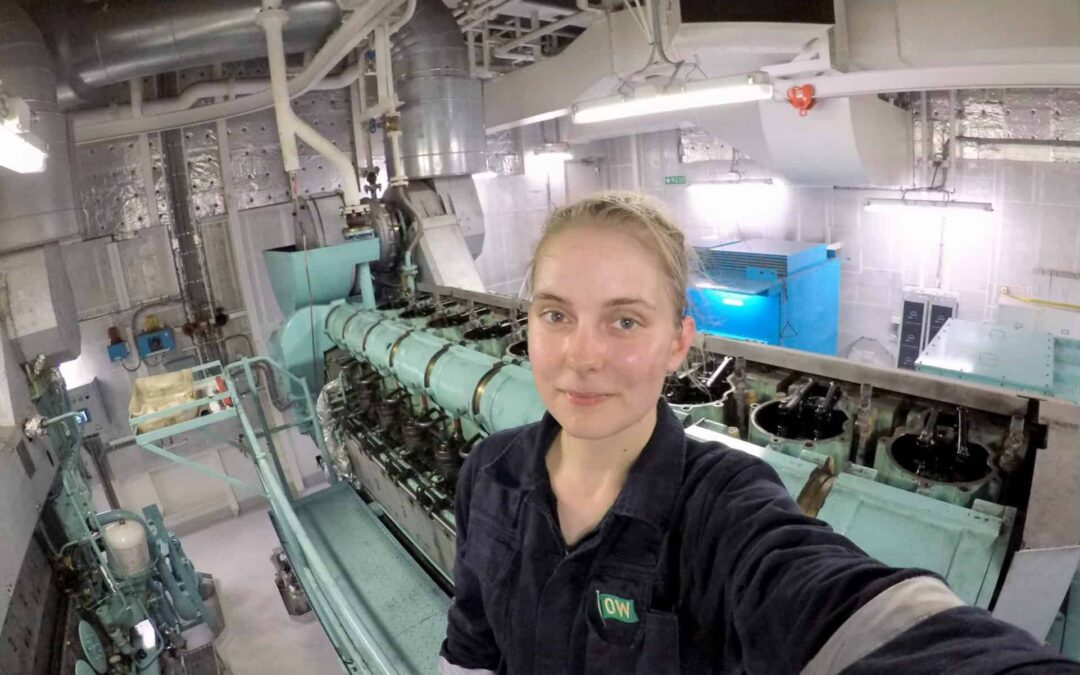


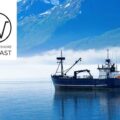
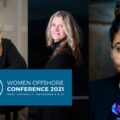
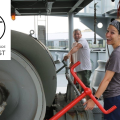
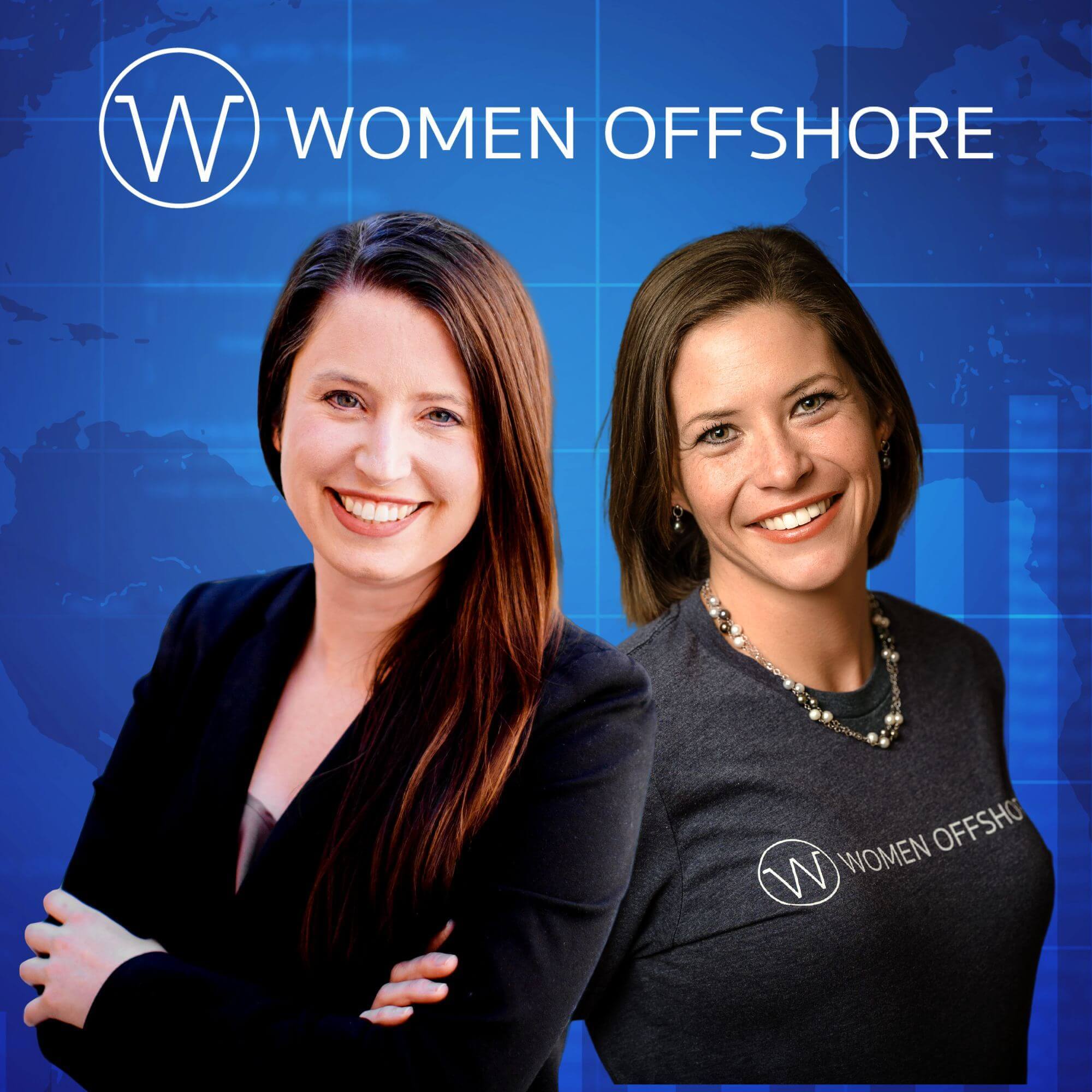

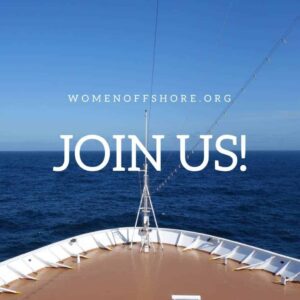
Recent Comments